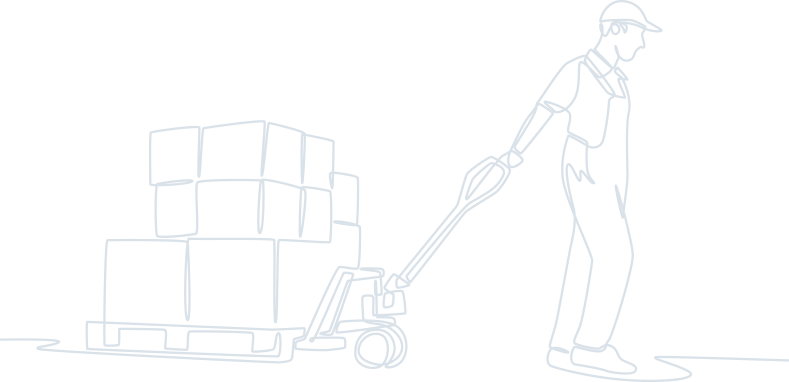Mohani Tea Leaves envisioned expanding its manufacturing capacity by establishing a production centre for tea bags and a central warehouse for national distribution to top global brands like Walmart and Carrefour. The focus was on creating an efficient, best-in-class layout and design that adheres to best practices and audit requirements.


Criss cross movement of materials leads to mixing of raw materials (RM) and packaging materials (PM).
Conflicting line feeds and line-out SKUs.
Low throughput and productivity due to an inefficient layout.

Conceptualised automating key processes, including weighing, counting, boxing, sealing, and label printing for finished goods (FG).
Introduced a productivity-driven approach to resource calculation, optimising layout and resource planning.
Integrated blending units with raw material storage tanks for smoother operations seamlessly.





